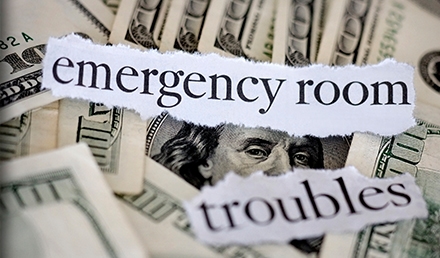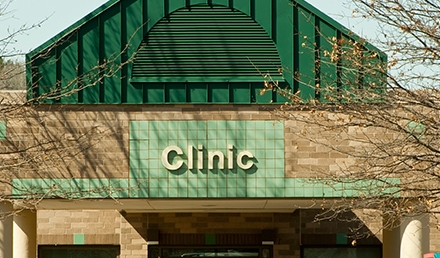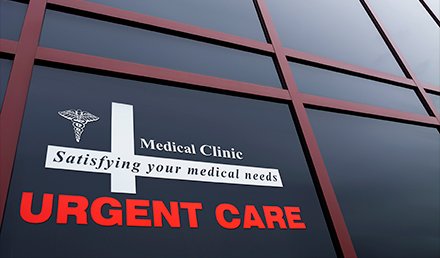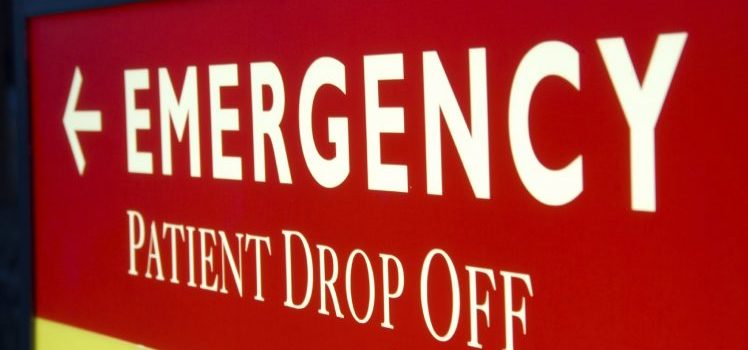Alan A. Ayers, MBA, MAcc is Practice Management Editor of JUCM, The Journal of Urgent Care Medicine, a member of the Board of Directors of the Urgent Care Association of America, and Vice President of Strategic Initiatives for Practice Velocity. URGENT MESSAGE: Twenty-five states are now seeing head lice that are resistant to most common over-the-counter remedies, creating a nuisance for parents and a potential business opportunity for urgent care. Between 6 and 12 million …
Read More









